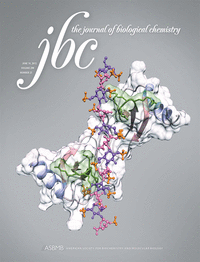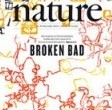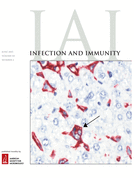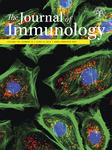 A 2002 paper in the Journal of Biological Chemistry on how lung cancer cells resist death has been retracted for duplicating figures from a 2001 paper.
A 2002 paper in the Journal of Biological Chemistry on how lung cancer cells resist death has been retracted for duplicating figures from a 2001 paper.
The retracted paper, “Fibroblast growth factor-2 induces translational regulation of Bcl-XL and Bcl-2 via a MEK-dependent pathway: correlation with resistance to etoposide-induced apoptosis,” shares the first and last authors with the 2001 paper, in Oncogene, as well as two other co-authors.
Here’s JBC’s entire retraction note, a sub-genre with which we’ve become intimately familiar by now:
Continue reading JBC cancer paper felled by duplication is one author’s second retraction this month






